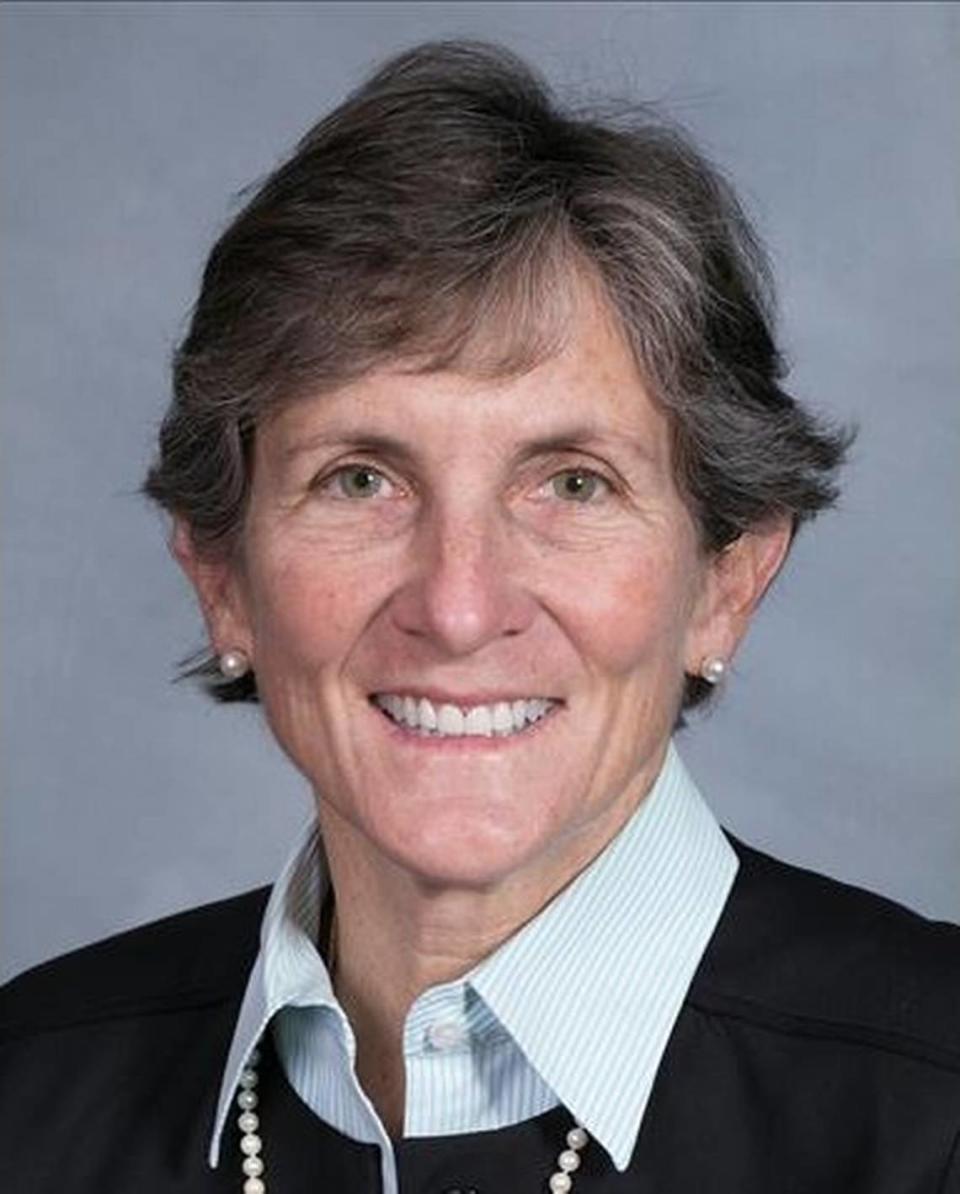NC is failing disabled adults like Samantha R. The legislature must help.
Last month, a North Carolina Superior Court judge handed down a monumental decision, ordering the state to meet the basic needs of people with intellectual and developmental disabilities (I/DD) in the case of Samantha R., et al. v North Carolina.
After years of litigation filed on behalf of several North Carolinians with intellectual and developmental disabilities, the state was ordered to finally begin repairing its failing disability services infrastructure.
Many people think of infrastructure as bridges and roads, but for those with I/DD, infrastructure means the basic services necessary for them to live happy and productive lives in the community. Infrastructure includes an adequate network of direct support professionals — workers tasked with everything from helping with activities of daily living to arranging transportation to administering medications.
Infrastructure also means affordable, accessible housing so that a person who desperately wants to live at home instead of in an expensive institution can do so if that fits their medical needs. Infrastructure means adequate mental health services in the community, so that people do not have to go to an emergency room or psychiatric hospital just to get basic care.
And, infrastructure means finally getting a slot on the often decades-long waitlist for the Innovations Waiver, a program that lets people receive services in the community and stay out of institutions if they don’t need or want to be there. There are more than 16,000 North Carolinians on that list, which grows daily.
We have an obligation to all North Carolinians, especially to those with I/DD, such as autism or low IQ or Downs Syndrome. As legislators charged with protecting the rights of all North Carolinians, including those with disabilities, we take that obligation seriously.


For years we’ve heard about adults and children who can’t live where they want to live, go where they want to go, or see who they want to see. We know there are people desperate to move home so they can go to work at a fast-food restaurant, or a factory, or a farm. We know there are people whose home nursing staff has dwindled significantly and are living in terror that if one more person quits, they will wind up in an institution simply because the state has not built an adequate network of caregivers.
The Samantha R. victory was real — and it was long overdue.
Thousands of hopeful people were gravely disappointed last week when North Carolina’s Department of Health and Human Services (DHHS) announced that the State would appeal instead of abiding by the judge’s order. Appeals take years, and those in need cannot keep waiting.
DHHS released a new plan, which is a start. But without court oversight, will the legislature get on board?
The waitlist has grown steadily over the past five years of this litigation because this kind of systemic change is bigger than DHHS. It requires coordinated legislative action.
We know many people are deflated, but we believe there is still a way forward that honors the choices of everyone, including those who want to stay in the facility where they live. The court’s plan can work if everyone, including the legislature, is accountable.
Yes, the Samantha R. appeal may temporarily remove court oversight, but it does not affect oversight from our constituents.
As legislators, we will continue to fight for all North Carolinians with disabilities, but pressure from the public is more important than ever. Please remember Samantha R., follow this issue closely, and demand that lawmakers follow the court’s decision and fix this problem.
Pricey Harrison represents NC House District 61, Guilford County. Marcia Morey represents N.C. House District 30, Durham.

 Yahoo Movies
Yahoo Movies 
